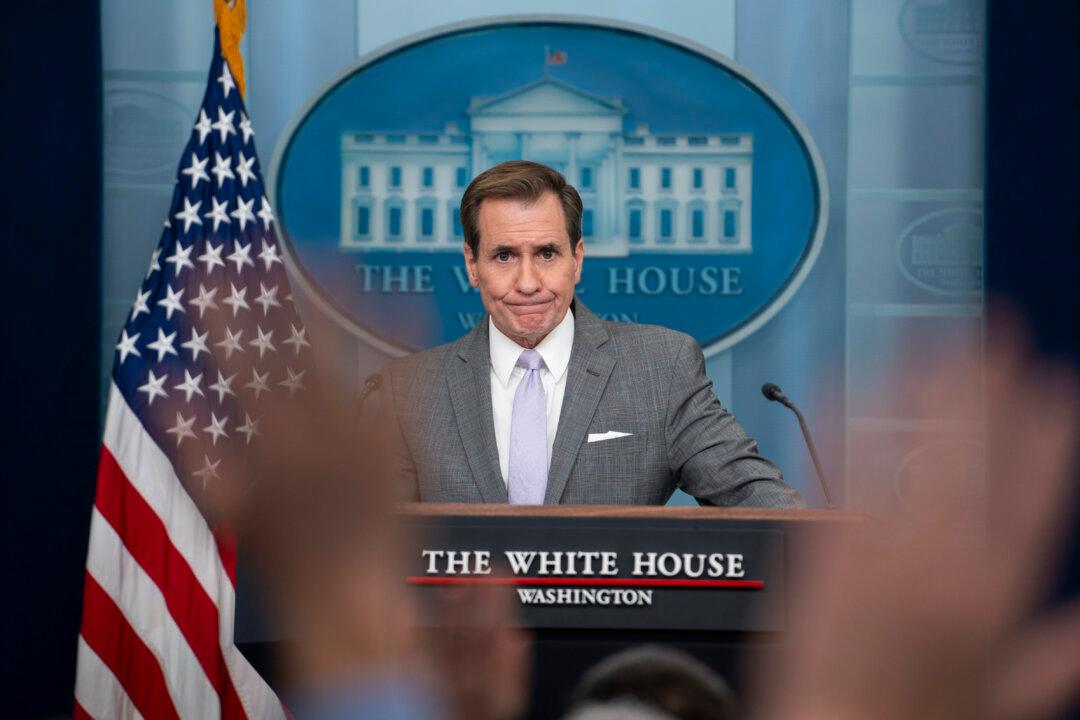The Biden administration on Jan. 31 formally identified the group responsible for a drone attack on a U.S. military outpost in Jordan that left three U.S. Army Reservists dead.
An umbrella group uniting several terror organizations resourced and conducted the attack, according to White House National Security Council spokesperson John Kirby.




